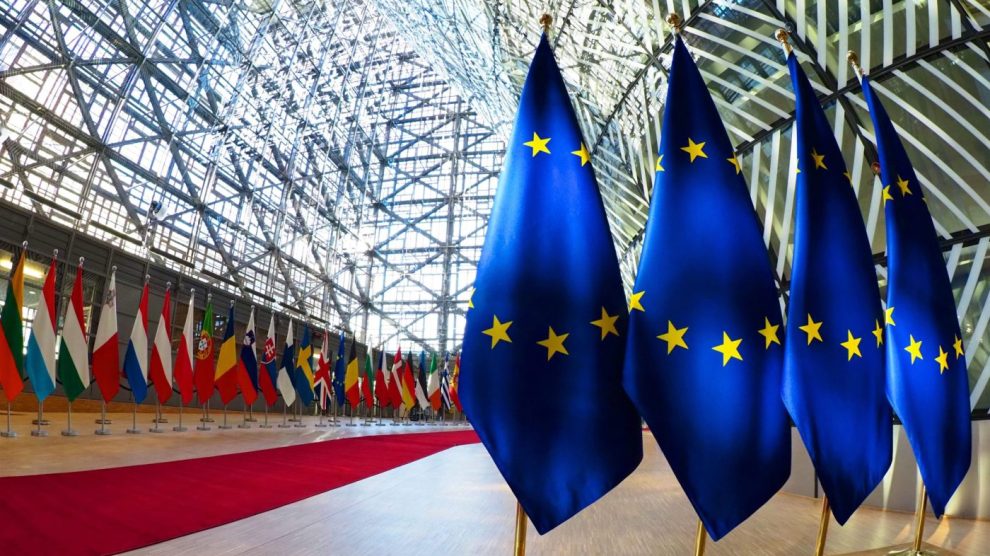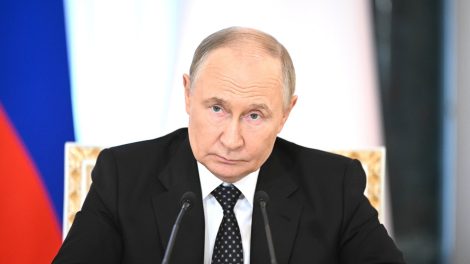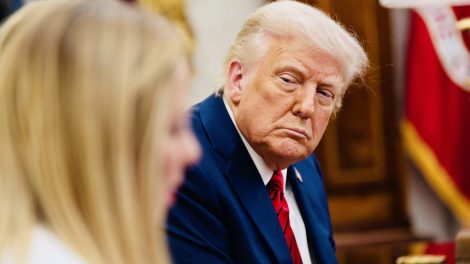Italy welcomes EU migration deal. Negotiators from the European Parliament, Council, and Commission struck a historic agreement to overhaul the bloc’s migration rules on Wednesday, aiming to streamline asylum procedures and favour the repatriation of ineligible claimants. The deal is a success for Europe and Italy, according to Italian Interior Minister Matteo Piantedosi, who welcomed the “new rules to manage migratory flows and fight human traffickers.”
- The negotiations “had been at a standstill for years”, he explained, highlighting Rome’s efforts to put migration “back at the centre of the European agenda” and find “the right balance between responsibility and solidarity.”
- The minister also thanked the other EU representatives who acknowledged Italy’s position and “acted to equip Europe with more effective tools, to overcome the Dublin regulation” – i.e. the former rules – “and to manage the challenge of migration in a true solidarity-based manner.”
A long time in the making. Migration has always been one of the most contentious issues at the European level. Along with other Southern, first-entry States, Italy has long advocated for burden sharing. “The Pact is the result of long negotiations in which Italy has always played a leading role,” Minister Piantedosi said, arguing that the goal was to find “a balanced solution that would no longer make EU border countries, which are particularly exposed to migratory pressure, feel alone.”
Laying the groundwork. The current Italian government has been working to tackle illegal migration by reaching agreements with other Mediterranean countries – in the spirit of its upcoming Mattei Plan, which proposes an investment-based approach to stem irregular migration by improving the living conditions in States of origin.
- Last summer, Italian Prime Minister Giorgia Meloni spearheaded an EU-wide memorandum with Tunisia in a bid to reduce the number of migrants transiting the country to get to the Italian coasts.
- The controversial plan – which is supposed to increase EU investment in Tunisia – was recently endorsed by German Chancellor Olaf Scholz, marking a U-turn from the clashes between Rome and Berlin on the funding of NGO rescue missions.
- PM Meloni also found an entente with French President Emmanuel Macron in September, after the two had clashed over the rescue of an NGO vessel in the Mediterranean a year ago.
- Rome also agreed on a plan with Tirana to detain migrants rescued by Italy in two detention centres located in Albania. While the agreement has been temporarily suspended, Minister Tajani recently said that he was not worried and the deal was likely to go ahead.
The political angle. Manfred Weber, head of the European People’s Party, called the agreement a “milestone towards regaining control of the EU’s external borders. With this reform, we can lower the migratory pressure to Europe with better screening of irregular arrivals [and] more solidarity with countries like Greece, Italy [and] Spain.”
- His party (the biggest in the European Parliament) is among the driving forces behind building what has been dubbed “Fortress Europe” – along with the likes of the European Conservatives and Reformists, led by PM Meloni.
- The two groups have been flirting with a possible alliance to elect the next EU Commission President. However, current polls don’t show them obtaining enough votes to garner a majority – even with the more far-right Identity and Democracy. However, EPP officials have flatly rejected such an alliance.
- European Parliament President and EPP member Roberta Metsola duly noted that the compromise was reached among “centrist parties” and did not mirror far-right pledges.
A double-edged sword? Looking to the June 2024 EU elections, it remains to be seen whether the new migration pact might become an effective deliverable for centre-right parties or backfire. On the one hand, it’s a proven platform for EPP-ECR convergence (as demonstrated by the Tunisian agreement, which saw PM Meloni and EU Commission President Ursula von der Leyen working alongside each other).
- On the other hand, as Mr Weber warned, the next EU elections risk unleashing a far-right surge if governments cannot prove they can manage migration by lowering arrivals.
- If migratory fluxes increase, voters might turn to groups further to the right that have been lambasting the current EU Parliament majority (which encompasses the EPP, the liberals and the left) for not acting tough enough.
- That’s precisely what ID’s Matteo Salvini has been arguing, along with allies such as France’s Marine Le Pen and the Netherlands’ Geert Wilders.




